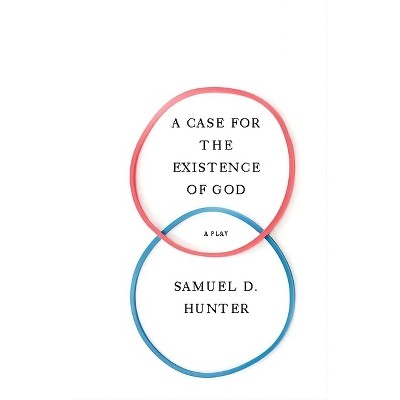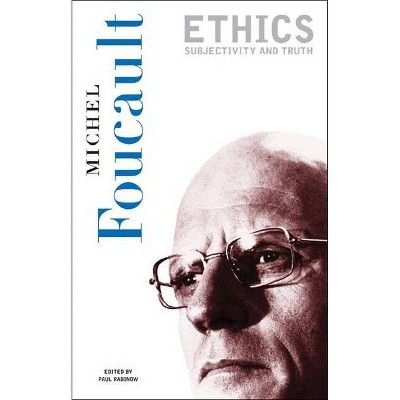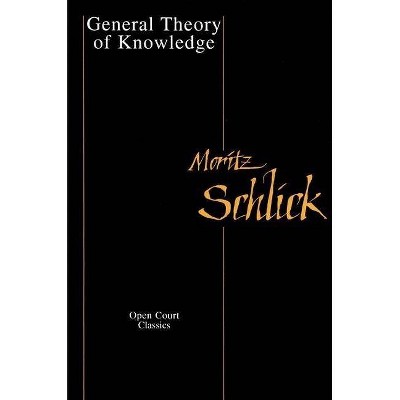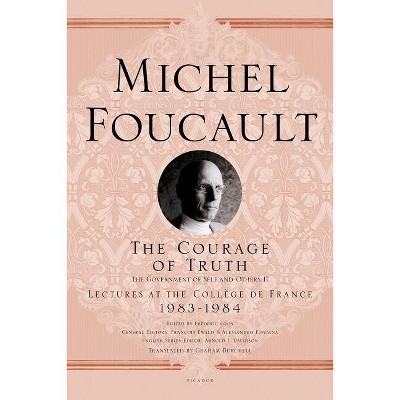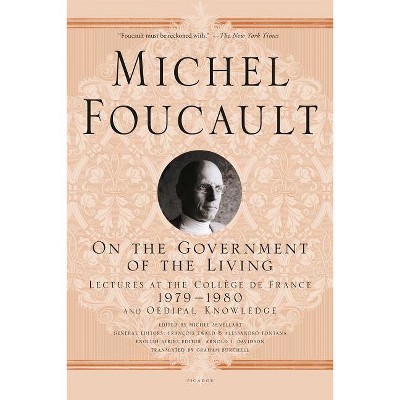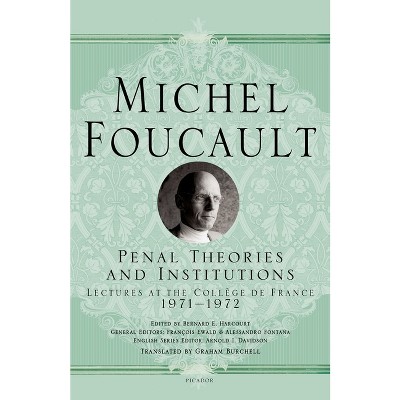Sponsored

Binswanger and Existential Analysis - (Foucault's Early Lectures and Manuscripts) by Michel Foucault
In Stock
Sponsored
About this item
Highlights
- In the early 1950s, the young Michel Foucault took a keen interest in the method of existential analysis--Daseinsanalyse--developed by the Swiss psychiatrist Ludwig Binswanger.
- About the Author: Michel Foucault (1926-1984), a French philosopher, historian, and social theorist, was one of the most important figures in twentieth-century thought.
- 336 Pages
- Philosophy, Movements
- Series Name: Foucault's Early Lectures and Manuscripts
Description
About the Book
This book presents Michel Foucault's unpublished manuscript on the Swiss psychiatrist Ludwig Binswanger for the first time in English, offering crucial insight into his intellectual development.Book Synopsis
In the early 1950s, the young Michel Foucault took a keen interest in the method of existential analysis--Daseinsanalyse--developed by the Swiss psychiatrist Ludwig Binswanger. He gave a lecture course on this topic at the University of Lille in the spring of 1953 and wrote a detailed introduction to the 1954 French translation of Binswanger's Dream and Existence (1930), in which he promised a forthcoming book that would "situate existential analysis within the development of contemporary reflection on man." This book presents Foucault's unpublished manuscript on Binswanger and existential analysis for the first time in English, offering crucial insight into his intellectual development.
Foucault carries out a systematic examination of Daseinsanalyse, contrasting it with psychiatry, psychoanalysis, and phenomenology and championing its ambition to understand mental illness. In his critique of existential analysis, Foucault began his turn toward emphasizing the primacy of experience, which would lead to the radically new perspective and genealogical methods of The History of Madness and The History of Sexuality. Revealing a little-known influence on Foucault's historicist approach, Binswanger and Existential Analysis reminds us of his unparalleled ability to destabilize our conceptions of self.About the Author
Michel Foucault (1926-1984), a French philosopher, historian, and social theorist, was one of the most important figures in twentieth-century thought.
Elisabetta Basso is an associate professor at the University of Pavia and a member of the Centre d'archives en philosophie, histoire et édition des sciences at the École normale supérieure of Paris. François Ewald is a political philosopher and historian who oversaw the publication of Foucault's lectures at the Collège de France. Marie Satya McDonough is a master lecturer in the College of Arts and Sciences Writing Program and the Women's, Gender, and Sexuality Studies Program at Boston University. Bernard E. Harcourt is a chaired professor at Columbia University and the École des hautes études en sciences sociales in Paris and has edited a range of works by Foucault in French and English.Shipping details
Return details
Frequently bought together





